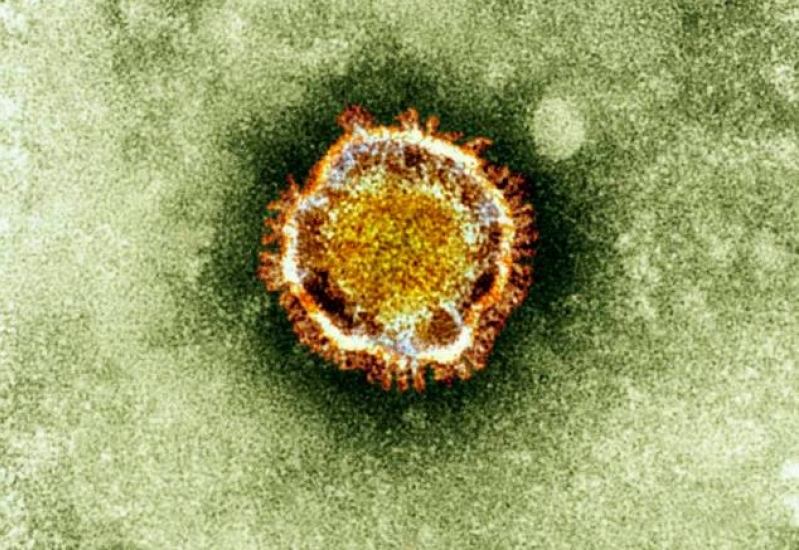
Another patient has turned up at an American hospital with the lethal respiratory virus MERS, the federal Centers for Disease Control and Prevention reported today. All the passengers on the U.S. legs of the patient's journey are being notified today to look for possible symptoms of the virus, though the risk of transmission is considered very slight, ABC News reports.
The virus, which has a very high mortality rate, was first identified in people in 2012 but has been spreading rapidly since March. To date, there have been 538 lab-confirmed cases of MERS-CoV worldwide, including 145 deaths attributed to it; the vast majority of those cases occurred in Saudi Arabia, CDC officials said.
While this is only the second case of MERS reported in the US this year, Tim Frieden, director of the Centers for Disease Control and Prevention, is issuing warnings for the disease "in an abundance of caution."
So what exactly is MERS, and how can it be prevented from spreading?
Wayne Marasco, an immunologist at the Dana-Farber Cancer Institute and Harvard Medical School, both in Boston, said his biggest concern about MERS-CoV is how little we know about it.
However, experts do know that the virus is formally called MERS-CoV because it's part of the coronavirus family that includes the common cold and severe acute respiratory syndrome (SARS). The disease is believed to be connected to exposure to camels--and many camels in Saudi Arabia are believed to be infected.
Determining how the disease jumped to humans would require extensive case control studies, which have not been done yet in Saudi Arabia, says David L. Heymann, an epidemiologist and professor at the London School of Hygiene and Tropical Medicine.
However, once a human contracts the disease, they are able to easily spread it through close personal contact with other humans. Infected patients may experience flu-like symptoms with signs of pneumonia. But not all infected people have symptoms, i.e. some individuals may be infected with MERS-CoV and do not get ill.
The real concern now is that the virus will mutate to become even more easily transmitted from one person to another, Marasco said.
According to the US Centers for Disease Control and Prevention (CDC) and WHO (World Health Organization), there are no specific treatments for patients who become ill with MERS-CoV infection.
However, experts say the disease is preventable-if people use proper precautions. The CDC website says that people who travel often or work in healthcare should be particularly cautious.
Preventative measures to avoid contracting MERS include regular hand sanitizing after exposure to highly populated areas including public restrooms, airports, and restaurants. Experts recommend the use of facial masks if visiting hospitals or other facilities with high exposure to diseases.
Marasco says that while the CDC has been reacting reasonably, he believes people should be concerned but not overreact to the virus.
"I'm not very anxious about it, though I would not at all be surprised if we continued to see cases," Marasco told ABC news.







